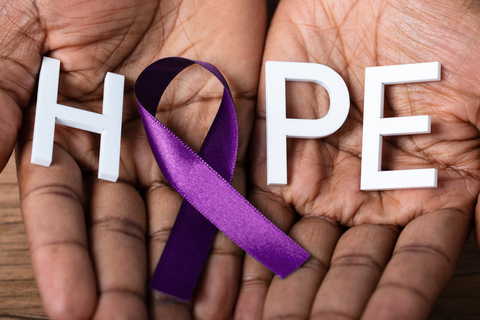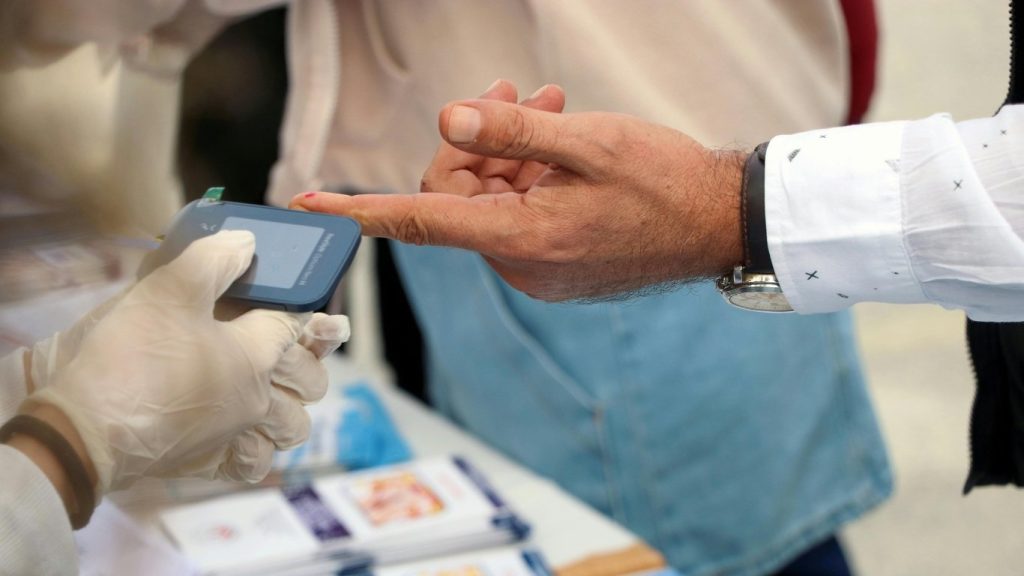Cancer
Engaging the Asian American Community to Address Cancer Burden: Experiences and Lessons Learned
Background:
Reducing cancer health disparities in Asian Americans requires orchestrated efforts and partnerships.
...
Minority Populations Largely Unrepresented in Gynecologic Cancer Clinical Trials
New research further revealed disparities in gynecologic cancer clinical trial enrollment, warranting increased efforts to improve representation i...
Breast cancer, 13 thousand women could undergo genomic tests
17
The personalization of care also involves new diagnostic tools such as genomic tests which are able to identify, with greater precision, women ...
Race, Ethnicity, and Cancer Type Influence Which Patients Access Hospice Care
Use of hospice services by patients with cancer has increased over time; however, hospice care is still underutilized in general and specifically a...
Facilitators to cervical cancer screening in a minority, urban, underserved population
Objectives:
Cervical cancer has markedly declined due to widespread use of screening, but Hispanic women continue to bear a dispropo...
Gastric Cancer Survival Differs by Race and Ethnicity
TOPLINE:
Overall survival among US patients with resected stage II or III gastric cancer differs by race and ethnicity, with Asian and Hispanic pat...
Trending Topics
Features
- Drive Toolkit
Download and distribute powerful vaccination QI resources for your community.
- Health Champions
Sign up now to support health equity and sustainable health outcomes in your community.
- Cancer Early Detection
MCED tests use a simple blood draw to screen for many kinds of cancer at once.
- PR
FYHN is a bridge connecting health information providers to BIPOC communities in a trusted environment.
- Medicare
Discover an honest look at our Medicare system.
- Alliance for Representative Clinical Trials
ARC was launched to create a network of community clinicians to diversify and bring clinical trials to communities of color and other communities that have been underrepresented.
- Reducing Patient Risk
The single most important purpose of our healthcare system is to reduce patient risk for an acute event.



















